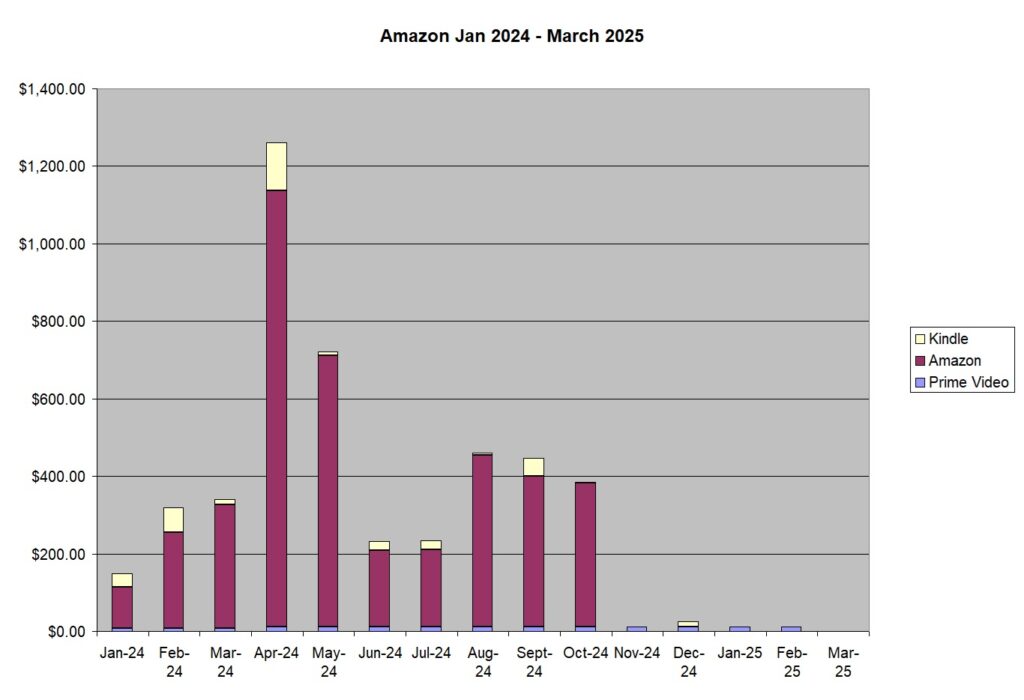My name is Peter Sime. I am 45 years old. I live in Dunedin. I identify as pākehā.
I oppose the Principles of the Treaty of Waitangi Bill and strongly suggest the Select Committee advise against its passage in any form.
My objections to the principles are :
Principle 1
Principle 1 claims “full authority of the Executive Government of New Zealand to govern”.
“Executive Government” is not defined within the Bill. Acts of Parliament concerning New Zealand’s constitution are far more precise in their expression of who holds what power. The Constitution Act 1986, for example, is careful to discuss the role of the Sovereign, the Executive Council and powers of Ministers of the Crown. The Public Service Act 2020 contemplates the role of State Agencies and Departments.
The broad and novel term “Executive Government” is imprecise and cannot contemplate what happens where the functions and duties of different arms of the Executive may come into conflict with one another.
Finally, this is a denial of the principle of rangatiratanga guaranteed in article two of the Treaty of Waitangi and excludes formal Māori involvement in the decision-making processes affecting their resources and taonga.
Principle 1 also asserts that the Parliament of New Zealand has full Power to make laws.
This is already established under Section 15(1) of the Constitution Act 1986, which states: “The Parliament of New Zealand continues to have full power to make laws”. Under Chapter 3.3 of the Legislation Guidelines (2021) of the Legislation Design Advisory Committee:
“New legislation should not restate matters already addressed in existing legislation.
Where a provision in existing legislation satisfactorily addresses an issue, it is preferable not to repeat that provision in new legislation. This kind of duplication often results in unintended differences, especially where legislation is amended over time or where the legislation is intended to address a different policy objective.”
Therefore Principle 1 should not be in the Bill as the functions and powers of the Executive and the Legislature are already thoroughly outlined by the Constitution Act, the Public Service Act and other relevant statutes.
Principle 2
Principle 2(1) limits the application of the rights of Māori to those held at the time the Treaty was signed. This freezes Māori rights in time and relegates the Treaty to be a redundant historical curiosity rather than a living document that underpins contemporary New Zealand society.
In the years since 1840 concepts such as corporate personhood and intellectual property have advanced. There also have been scientific discoveries such as radio waves. Without such advances, innovations such as the legal personhood of the Whanganui River, the protection of Māori interests in free trade deals or the propagation of te reo Māori through radio spectrum management would not have been achieved.
Crown responsibilities around climate change, animal extinction and other environmental impacts have become more clear in recent years even though these things would not have been contemplated in 1840. As our science progresses and society changes, Principle 2 locks in an interpretation that should continue to evolve and advance with contemporary New Zealand society. For this reason it should not be in the Bill.
Principle 3
This principle asserts equal protection for all before the law. This is already articulated in the New Zealand Bill of Rights Act 1990. Section 27(1) in particular says:
“Every person has the right to the observance of the principles of natural justice by any tribunal or other public authority which has the power to make a determination in respect of that person’s rights, obligations, or interests protected or recognised by law.”
Again, as this principle restates a matter already covered by existing legislation, it should not be included in the Bill.
Conclusion
Should this pass the Legislature would be abrogating its responsibility over guaranteeing the foundational Treaty rights held by Tangata Whenua. This Bill as a whole steamrolls through a careful and sometimes contentious conversation between iwi and the Crown. By seeking to redefine the Treaty in this way, the Crown unilaterally neuters it and expropriates the rights that have been recognised ever since the passage of the Act in 1975.
Further, by proposing a referendum for this constitutional outrage, the Government (as this is a Government Bill) risks social cohesion through engaging in populist politics. This Bill should be abandoned immediately.

